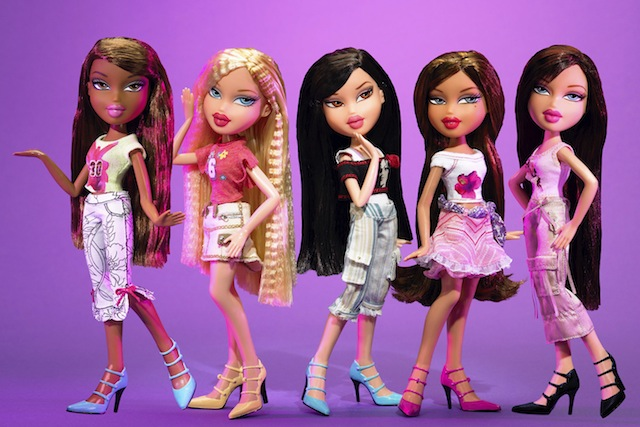-
Advocacy Theme
-
Tags
- Abortion
- Adoption
- Caregiving
- CEDAW
- Disability
- Domestic Violence
- Domestic Workers
- Harassment
- Healthcare
- Housing
- International/Regional Work
- Maintenance
- Media
- Migrant Spouses
- Migrant Workers
- Muslim Law
- National budget
- Parental Leave
- Parenthood
- Polygamy
- Population
- Race and religion
- Sexual Violence
- Sexuality Education
- Single Parents
- Social Support
- Sterilisation
- Women's Charter
Protecting younger members of our society
May 10th, 2012 | Children and Young People, Letters and op-eds, News, Views
Children and teens have limited capacities for processing challenges to their identities. It is our responsibility to create conditions in which the costs of their choices are not excessively high.
By Dr Teo You Yenn
When my students embark on research projects, they are required to undergo ethics reviews. If their projects involve children or teenagers, they are required to ask for parental permission before interviewing their subjects. This can appear to students as a bureaucratic process; they do not always understand why children are special.
I explain to them that children deserve special treatment because their capacities to process questions and challenges to their identities are not as well developed as older people’s. Moreover, they have fewer resources for dealing with challenges to their sense of selves.
While interviews with adults will generally leave them unmoved in their sense of who they are and what they believe in, when we ask kids about what they think about femininity or masculinity, what social class their families belong to, et cetera, these questions can leave them feeling unsure about where they stand in the world.
Without access to the resources adults tend to have — adult friends who have
experiences to share, knowledge about how to seek counsel — kids can end up feeling isolated and helpless. 18 or 21 are somewhat arbitrary numbers; people obviously develop at different pace, but age limits guarantee kids at least that number of years of special consideration.
If children under 18 need to be protected from sociologists’ questions, they obviously need to be protected from pimps and johns. And indeed, we know that there are global and intensifying problems of sexual exploitation of children. These take the form of sexual grooming on the Internet, trafficking, and child prostitution.
Aside from these more obvious forms of exploitation, girls and young women are
living in environments where the sexuality of girls/women are for display or sale. We see this in multiple realms and forms: in television, films, and the merchandise that accompany them; in pop music and music videos; on billboards and shop windows; sometimes even in toys.
Our popular culture is saturated with images of girls and young women whose worth are narrowly defined through their youthful bodies. Boys and men, too, are living in environments where the objectification and use of certain girls/women for their bodies is seen as perfectly normal. These conditions can and have been negatively exploited.
We should respect young people’s desires to exercise agency; indeed, it is obvious adults do not have monopoly over good decisions. But we have the responsibility to create conditions in which younger members of society can safely make decisions, where they can reverse certain decisions and the costs of their choices aren’t excessively high.
We must not allow people to exploit young people’s limited capacity to protect
themselves and limited resources in finding alternatives. When our young are used as sex objects, we should remember why they need protection in the first place. We should take seriously our collective responsibility to protect them from those who use their vulnerability for profits and pleasures.
The writer is Assistant Professor in Sociology at Nanyang Technological
University and Board member at AWARE. This commentary was published in Today on May 10, 2012. Read the published version here.




